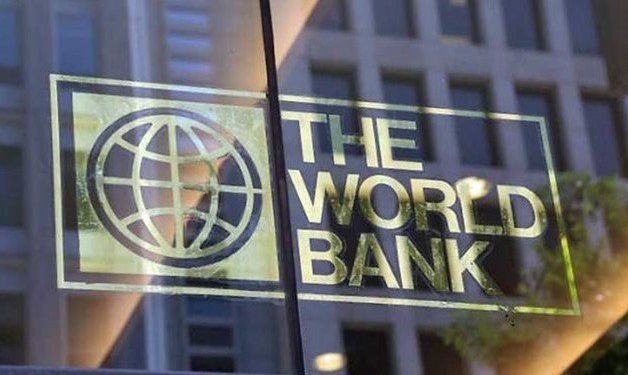World Bank Chief calls for urgency on poor nations’ debt at G-7
“What I hope can be discussed at the G-7 on debt is the urgency of restructurings getting done,” Malpass said about the group’s gathering of financial ministers and central bankers this week in Niigata, Japan. “The slow growth in developing countries has consequences worldwide in terms of human suffering, in terms of migration flows.”
- Advertisement -
Group of Seven policymakers must recognize the urgent need to tackle debt problems in developing nations and should discuss ways to bring more transparency to the issue, World Bank President David Malpass said.
“What I hope can be discussed at the G-7 on debt is the urgency of restructurings getting done,” Malpass said about the group’s gathering of financial ministers and central bankers this week in Niigata, Japan. “The slow growth in developing countries has consequences worldwide in terms of human suffering, in terms of migration flows.”
- Advertisement -
Sovereign and private lenders have been trying to find the middle ground with struggling borrowing countries like Sri Lanka, Zambia, Ethiopia and Ghana. More than 70 low-income nations face a collective $326 billion debt burden, with more than half of them already in or near debt distress.
- Advertisement -
The topic is likely to be discussed at the G-7 gathering. This year’s meeting includes invited representatives from emerging economies such as India, Indonesia and Brazil.
Japan, the G-7 chair this year, has been working with the World Bank to find ways to restructure debts with developing nations, Malpass said in an interview in Tokyo before heading to the Niigata gathering. The findings will form part of a report on debt transparency and reconciliation that the World Bank is set to release later this week, Malpass said.
“Japan has been active in helping reconcile, helping with the process,” said Malpass, who is set to step down at the end of this month. “It proved that it can be done. And so we are hoping to do it with more, with the full G-7 and then also with the full G-20.”
- Advertisement -
Malpass acknowledged the difficulty of reaching consensus on challenging global issues among G-20 nations, which include Russia and China. That group has struggled to agree on wording over the war in Ukraine. Malpass has been critical of China’s approach to debt issues.
Earlier this week, Japan, France and other nations held the first meeting on Sri Lanka’s debt restructuring. China, the biggest sovereign lender to poor countries, sat in as an observer.
“It would be good if they were a full participant in the creditor’s committee because they are such a big creditor,” he said.
In the meantime, a period of financial distress is likely to continue for developing countries as global inflation remains sticky and central banks have yet to stabilize their interest rates, Malpass said.
“I think there’s more to go for several of the major central banks in terms of normalizing their interest rates,” he said. “From the standpoint of developing countries, we expect there to continue to be a major financial pressure from the current interest rate level, also from the reduction in capital flows going to developing countries.”
Source: norvanreports.com
- Advertisement -


